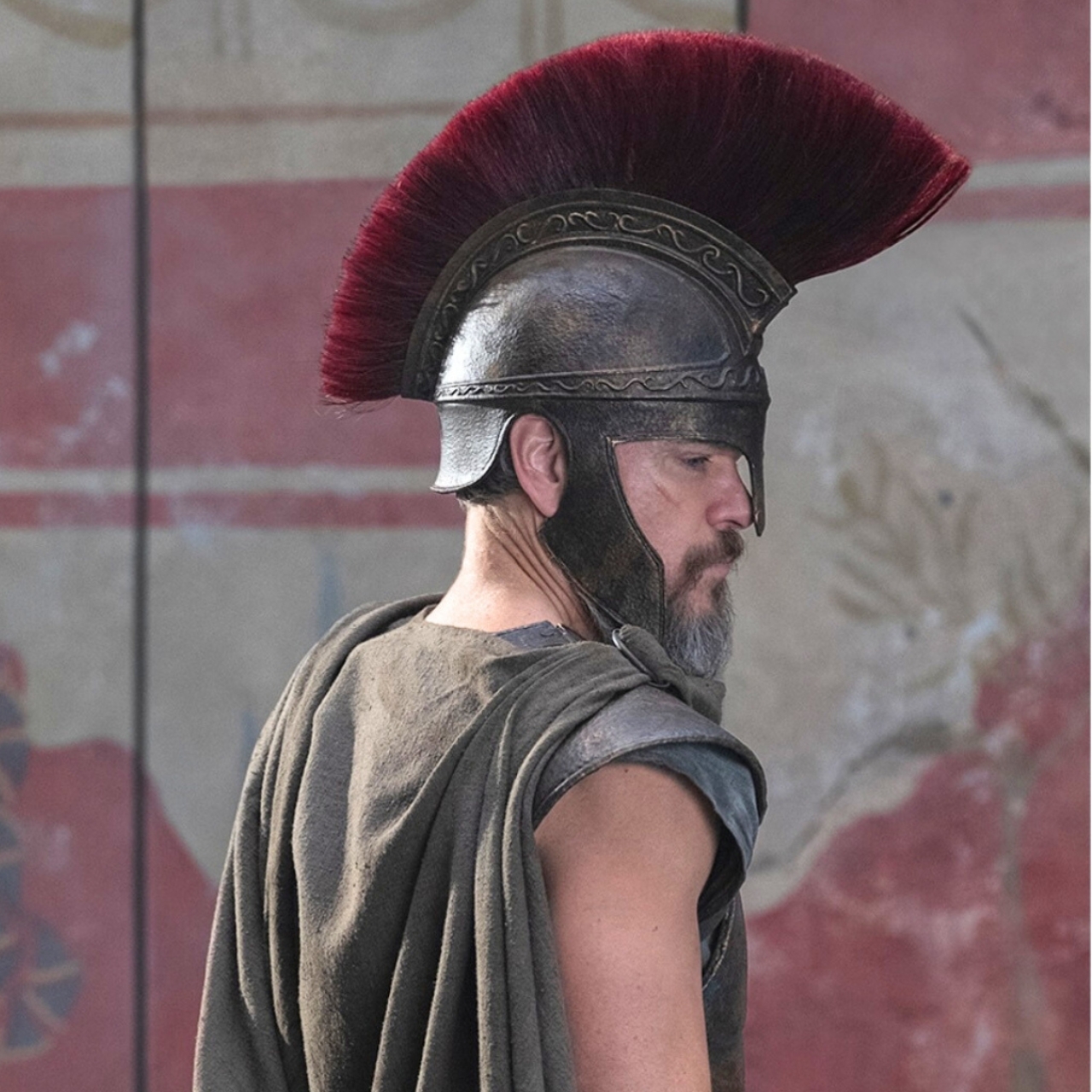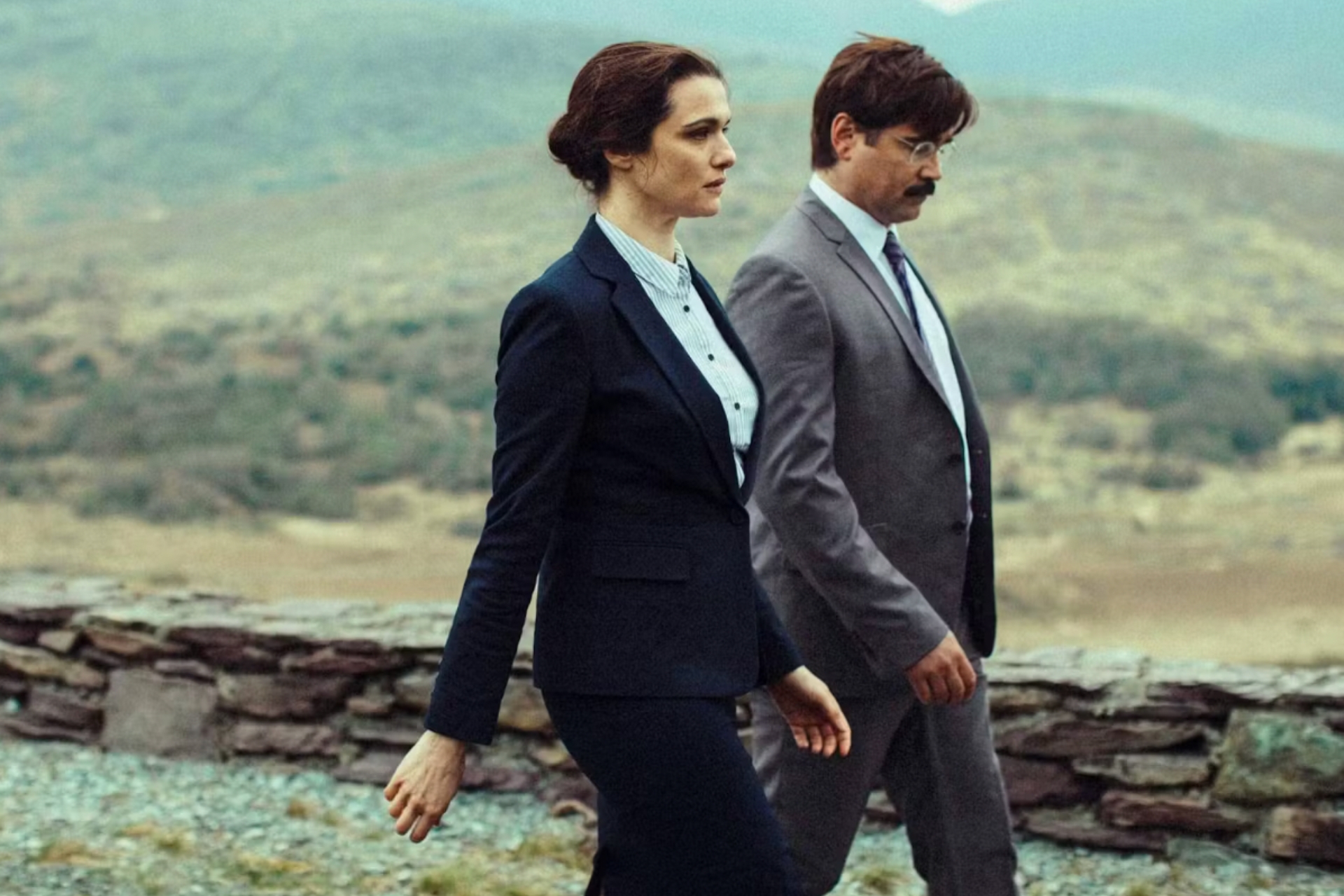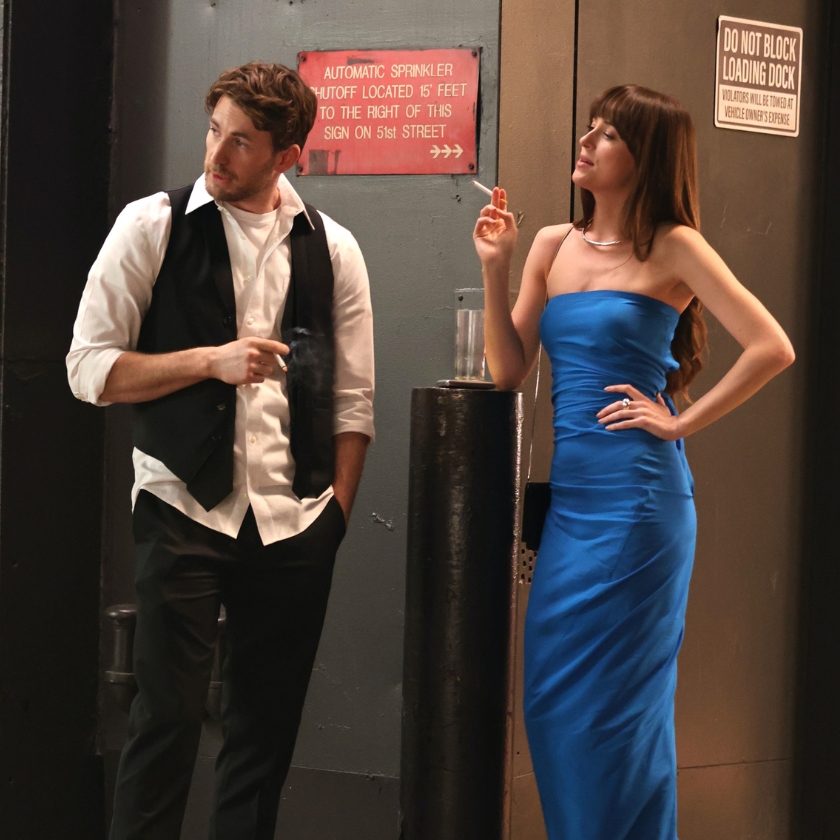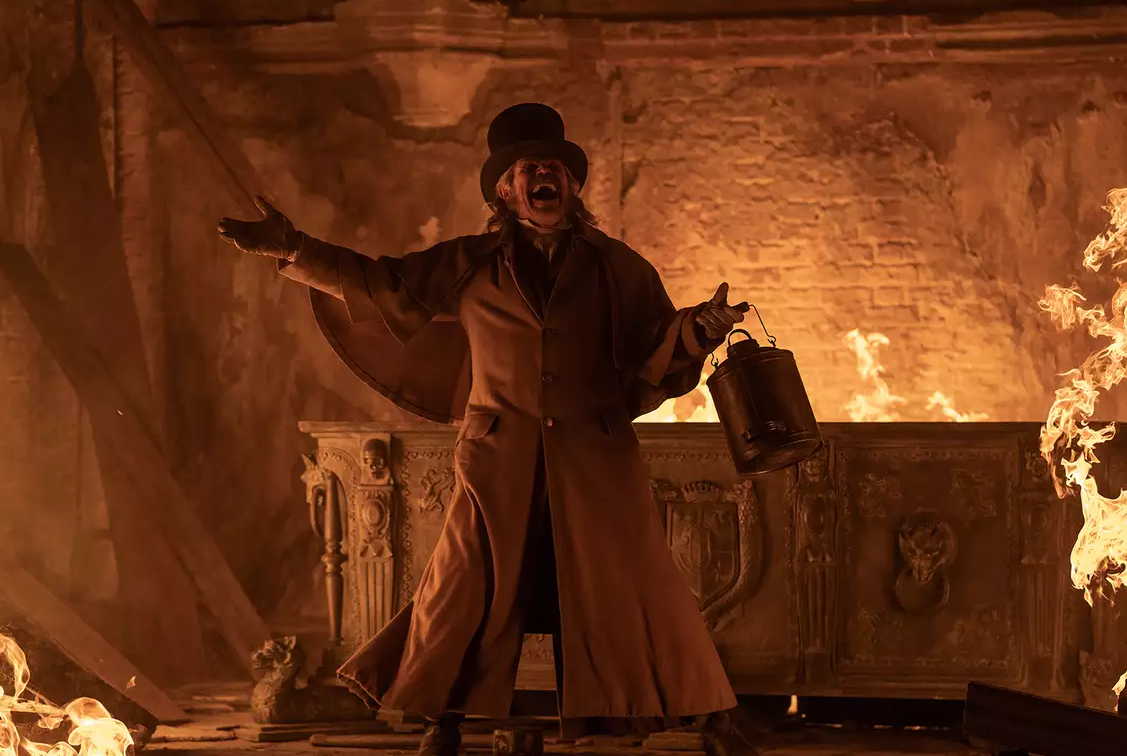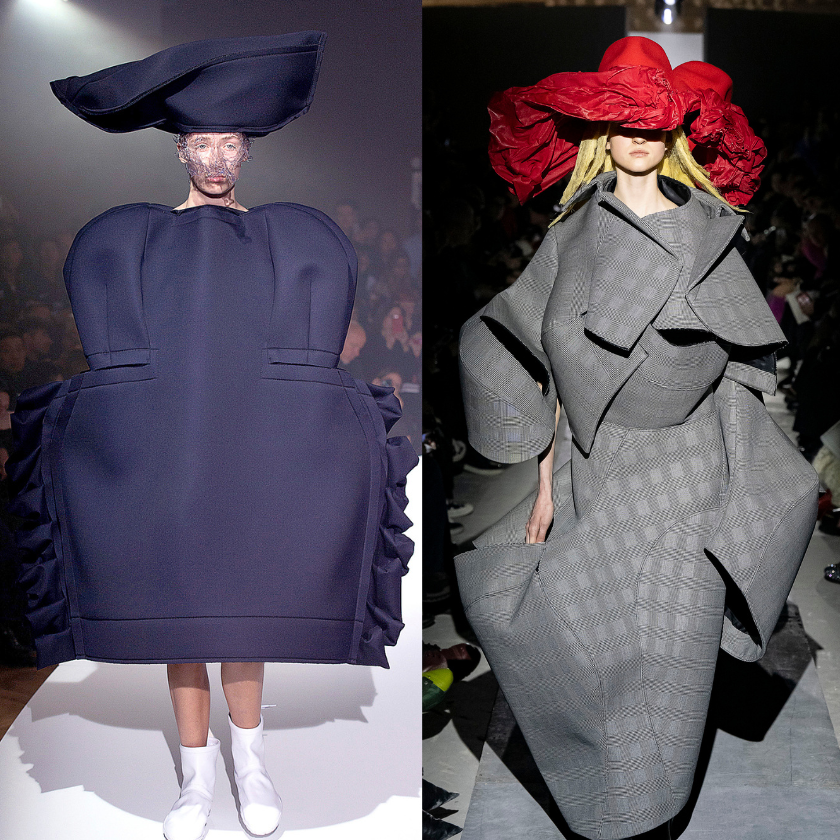The audacity of making your own playlist
In the latest version of the apocalypse, robots are choosing our music for us. It's high time we raged against the machine.
I’M NOT certain whether James Taylor meant to predict the takeover of artificial intelligence and the death of our collective imagination in his 1970 song “Fire and Rain,” but somewhere a music teacher is saying to herself: “Called it.”
That teacher is Miss Molloy—a bowl-cutted, crochet-sweatered, denim-skirted woman of 23 or 53—who taught our third-grade music class. One autumn morning, after we sang “Fire and Rain” off mimeographed lyric sheets, Miss Molloy taught us what the song was about, which was the robot apocalypse. “Suzanne, the plans they made put an end to you” meant she had succumbed to the computer chip in her brain, as had all of humanity. This left Sweet Baby James the last remaining human, with the song he’d written her, but he “just can’t remember who to send it to,” because his own chip had been implanted and the surrender of his own consciousness had begun. Pretty chilling stuff for third graders, but we took it in, uncritically.
Fifteen years later, I was in a friend’s dorm room listening to “Fire and Rain,” and I said, “I love this song, as scary as it is.” My friend looked at me with concern. I continued, “With the robots and everything?” And then about four seconds later it hit me: I’m going to have to make up a pseudonym for that teacher, because she absolutely got high.
That assessment stands, but listen: It’s 2023, I have at least three pieces of wearable tech on my body at all times, and AI has come for my job. But the most insidious development is that robots pick our entertainment. Algorithms tell us what to read, watch, and listen to. When you open Spotify, dozens of playlists wait for you—none of which you or anyone you know created. We have surrendered our taste to the machine. And what’s worse, we’re starting to forget we lived a different way.
Miss Molloy’s interpretation of “Fire and Rain” is objectively bananapants. But was she wrong about the future?
There’s a line in Nick Hornby’s novel High Fidelity in which the record-store-owning main character says, “What really matters is what you like, not what you are like.” Twenty-eight years after the release of the book, Spotify has prompted new questions: What do we lose when we stop making our own playlists? If the algorithm decides what we like, then what are we like?
“There’s no way a Spotify playlist is as good as a mixtape, or at least mine aren’t,” Hornby tells me. “Because you had to do things in real time, you had the opportunity to think and hear. You were reminded of a lyric, a beat, a sound that would lead you to the next song.” You had to think about who you were giving it to and how you could change their world. “There’s no construction now. In the digital era, it’s just: Here’s some songs you might like.” What I miss—just enough to remember it, for now—is a well-curated jukebox, the way a dollar-bill-huffing machine with a 100-compact-disc capacity could express the personality of a place. My favourite was at the Boiler Room, a friendly, scruffy gay bar in the East Village. This was the ’90s, and we East Village gays shunned the mainstream, so the selection was just slightly to the left of it: Jon Spencer Blues Explosion, Stereolab, Cibo Matto. The exact right soundtrack for a room packed with guys who could fit into X-girl T-shirts. A curatorial ear and a hive mind.
I returned to the Boiler Room recently, and as most places have, it’s adopted an Internet-enabled jukebox. Every song that exists on streaming, at your fingertips. But without curation, everything is also nothing. The hive mind breaks down into individual bees. A proper jukebox, like a homemade mixtape, is already largely a memory.
And soon enough it won’t be. It will be a thing you forgot even existed in the first place, like decent mass-produced chocolate, like a flight that doesn’t end with a pitch for a credit card. Like the Boiler Room itself, which is closing later this year.
“The absence of curveballs in algorithmic playlists is noticeable,” Hornby says. “I don’t want something that sounds exactly like what I usually listen to, just like I don’t want recommendations for books in a similar vein to the ones I write.” Right around the time Hornby was writing High Fidelity, the best mixtape I ever got came from a college friend named Brady. It arrived in my P. O. Box just before I graduated and moved to New York City. There were pop songs, left-field disco tracks, and at the end of side 1, “Being Alive,” from Stephen Sondheim’s Company. I’d never heard it. It was a gut punch: the precise sound of my soul as I prepared to start my life. A reminder to be less aloof in the real world than I had been in college. An I see you from someone I didn’t know was watching. A life changer.
The algorithm can’t be Brady. It can give you what it knows you want. But without human insight, it cannot give you what you need. It will not encourage you to evolve, because it cannot work as well if you do. The algorithm can know you. Scarily well. But it cannot love you. Commit an act of rebellion today: Make a playlist for someone. Assemble it with care. Throw in some curveballs. Choose a song or two that will make them feel seen, give it a clever name, text it to the person. Do it right now, before the chip takes hold of your brain.
I want to find Miss Molloy. I want to tell her I remember. All I have to do is find her. Anybody got an extra ticket to Burning Man?
This article originally appeared on Esquire US.













